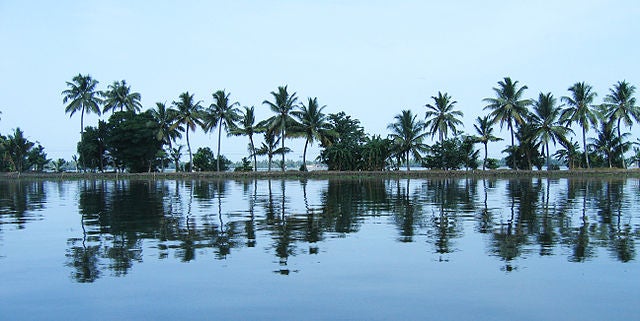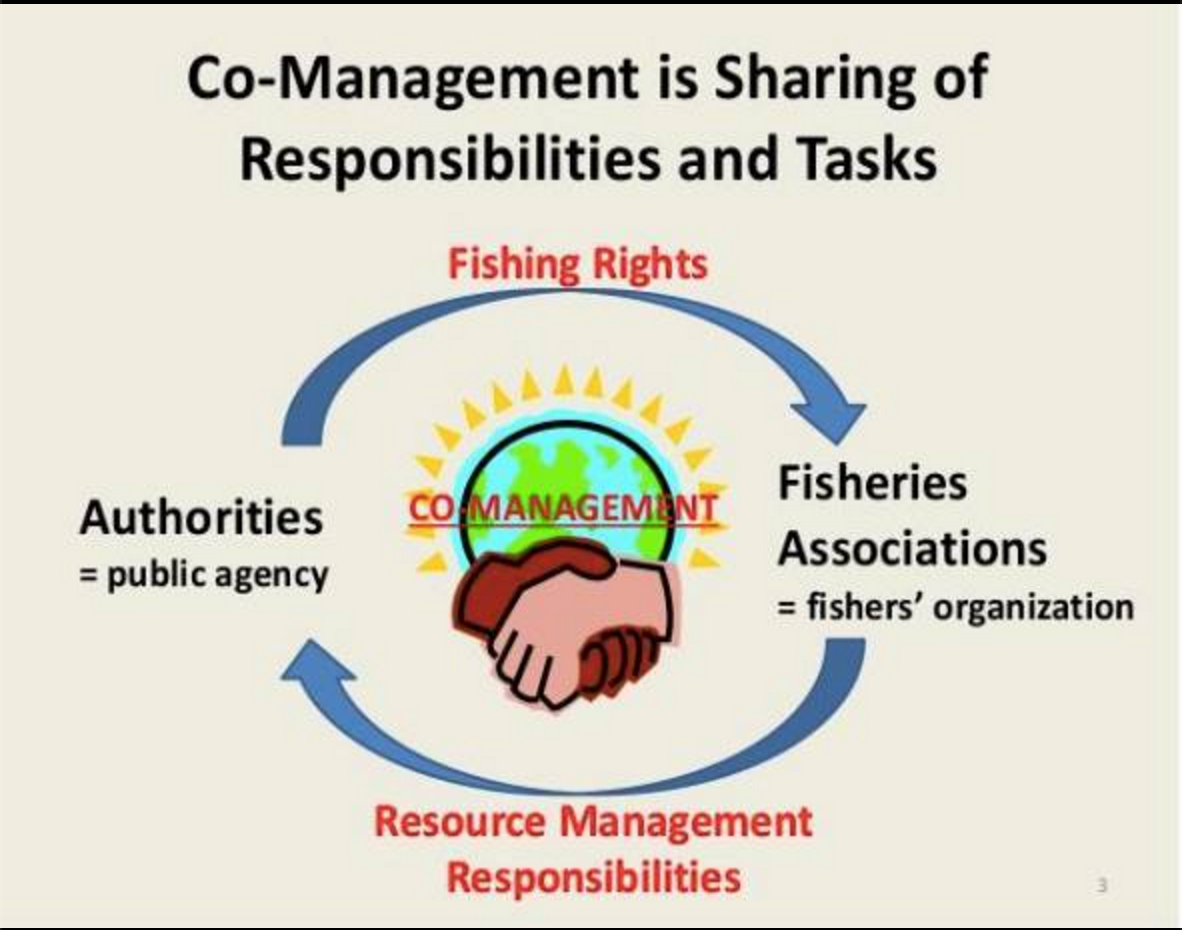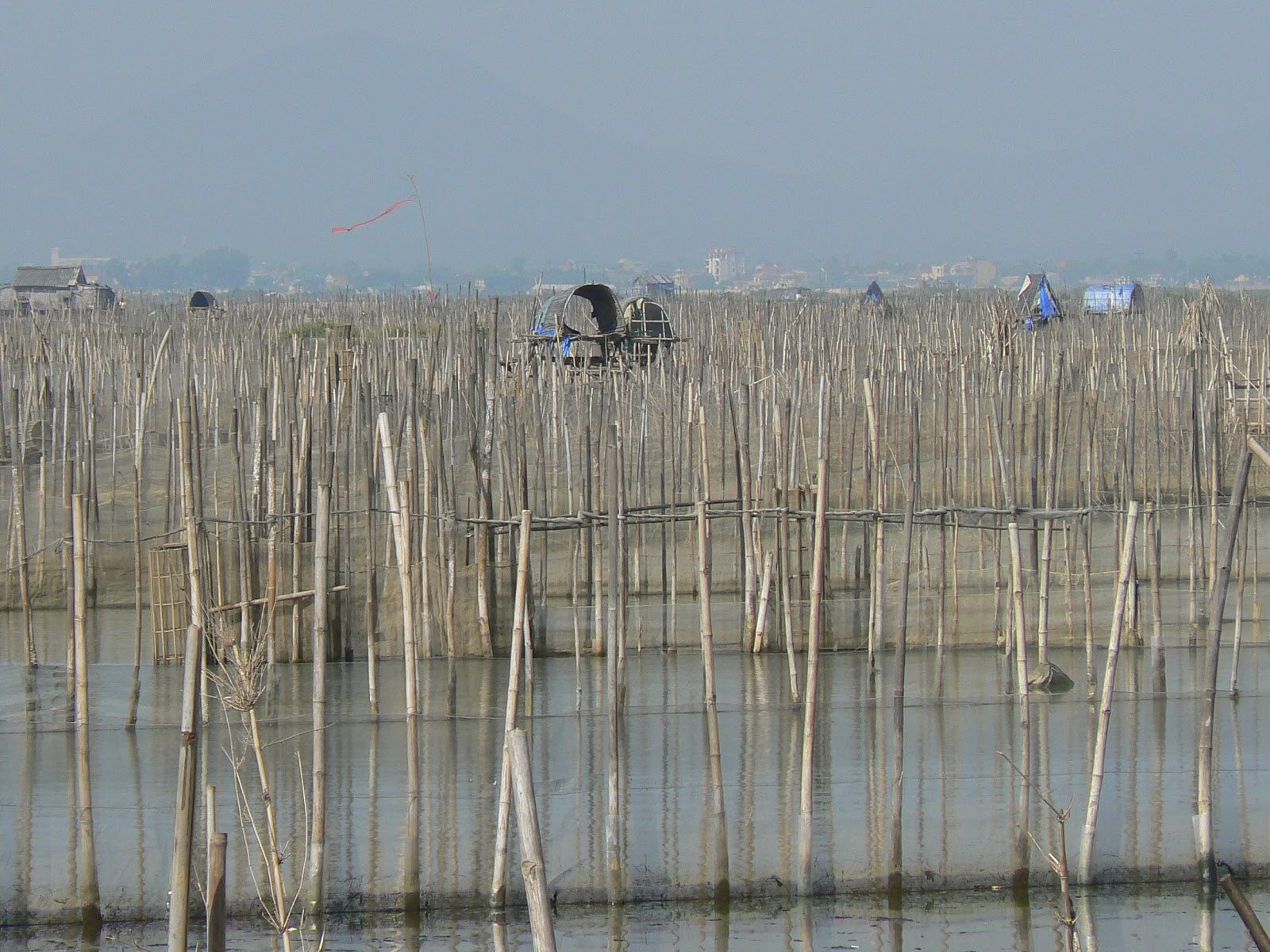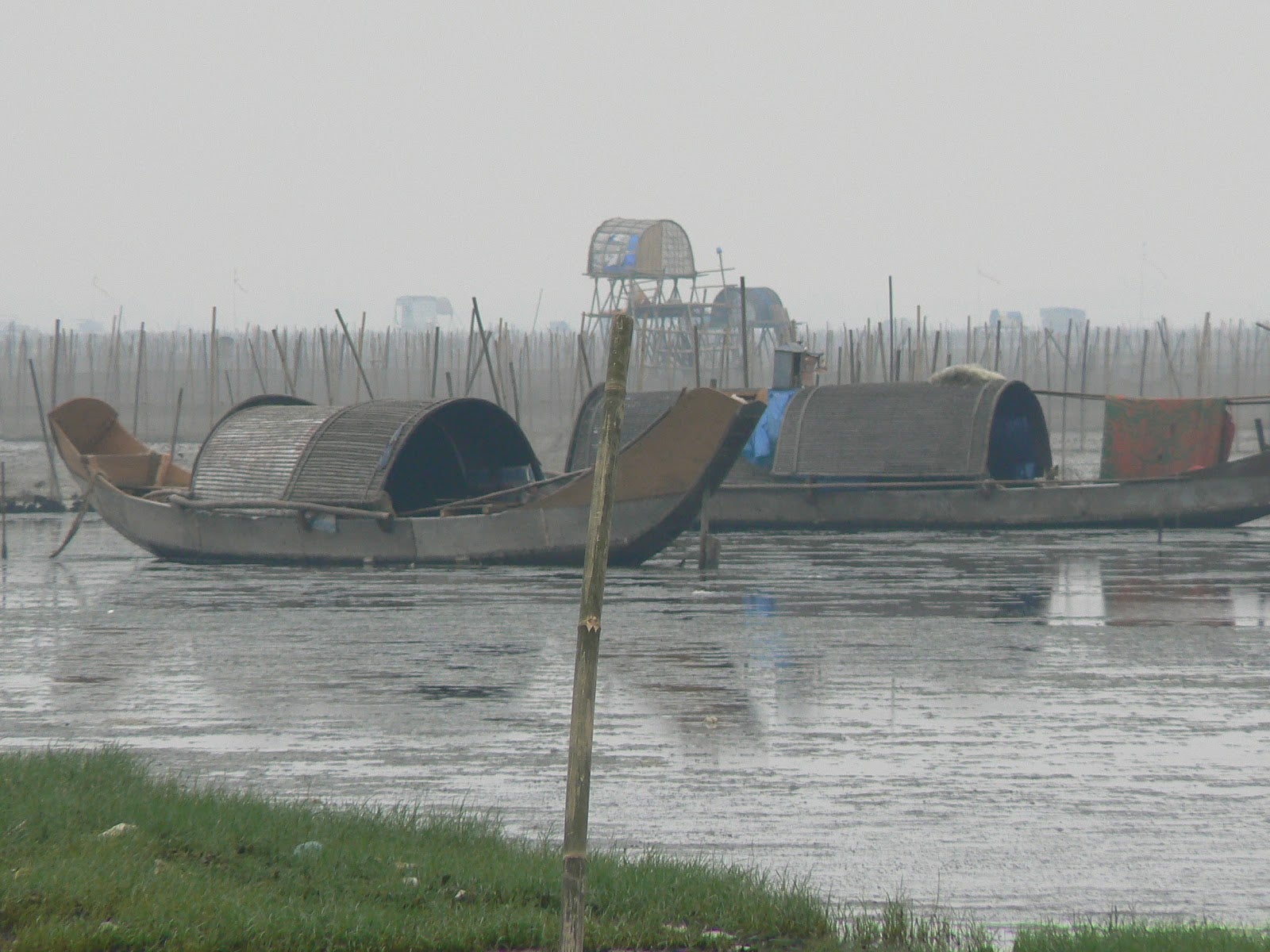
What is environmental governance?
In recent years, there has been an increasing global trend of resource exploitation and depletion due to human activities. To overcome the challenges that will arise due to resource scarcities, environmental governance is needed. Environmental governance, according to Lemos and Argrawal (2006) refers to “the set of regulatory processes, mechanisms and organizations through which political actors influence environmental actions and outcomes.” Governance is not necessarily done by the government, but involves the engagement of actors and institutions with one another across various levels of decision-making. Good environmental governance is essential to solving environmental issues, especially in areas around the world where corruption and conflict plague communities. Week Ten of the INDEV 101 speaker series explored environmental governance in development and how it changed improved the livelihoods of the people living in communities facing resource scarcities. The speakers were Bejoy K. Tomas, Graham Epstein and Derek Armitage. Each speaker discussed different case studies in India, Malawi, and Vietnam (respectively), and the role of local fishery governance and their solutions.
Case study 1 India - Bejoy K. Tomas:

Case study 2 Malawi - Graham Epstein:

Case study 3 Vietnam - Derek Armitage:


Lessons and insights
The key takeaway from this week’s presentations on governance and development is that there isn’t a one-size-fits-all solution. While social and environmental problems may seem similar in terms of their effects on communities, governance needs to be approached differently in each situation to appropriately assess the needs of communities. In the case studies presented, all the communities were facing similar problems of resource exploitation and livelihood conflicts. However, the proposed solutions vastly differed in terms of management and governance. In addition, the actors and institutions involved in governance need to build trust, relationships and legitimacy with one another and the locals. Governance is an important process in development and when done correctly sets the stage for better policymaking. Without the practice of good environmental governance, solving the complex challenges that arise due to environmental degradation from human activities becomes nearly impossible. As many factors such as climate change continue to exacerbate environmental degradation and resource scarcity around the world, the international community needs to take leadership to ensure good environmental governance is found in all levels of policy-making.